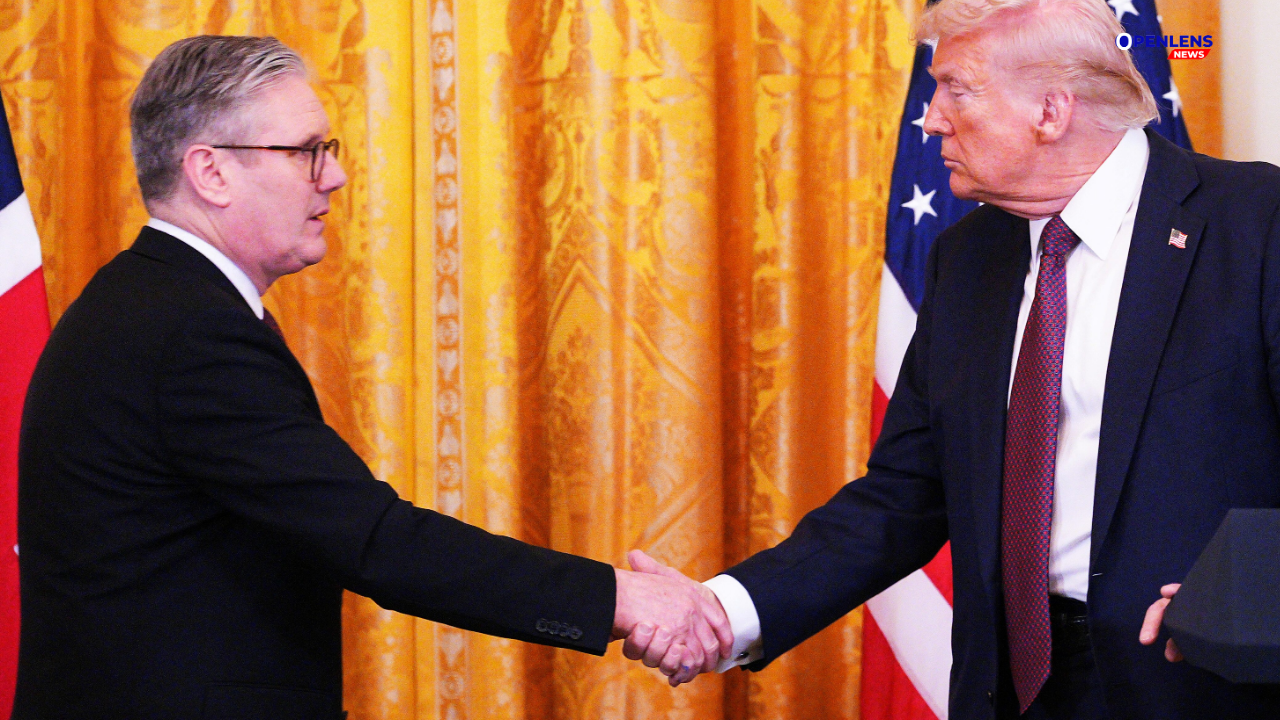On June 16, 2025, U.S. President Donald Trump signed an executive order formalizing a partial trade agreement with the United Kingdom, marking a significant development in efforts to deepen transatlantic economic ties. The deal, announced during the G7 summit in Canada, represents a limited but meaningful reduction in trade barriers between the two nations. While falling short of a full free trade agreement, it is seen as a step forward in supporting key industries and paving the way for broader cooperation in the future.
Under the agreement, the United States will reduce tariffs on British-made vehicles from 27.5% to 10% for up to 100,000 units annually. This concession provides welcome relief to UK car manufacturers, many of whom have struggled with high export costs when accessing the American market. The deal also grants the UK aerospace sector exemptions from certain U.S. tariffs, a move that is expected to benefit major British companies and safeguard thousands of jobs in the industry.
In exchange, the UK has agreed to increase market access for American agricultural goods, particularly beef and ethanol. This provision is seen as a win for U.S. farmers, who have long sought a greater foothold in the British market. Despite the benefits to both sides, the agreement leaves unresolved several contentious issues, most notably the U.S. tariffs on steel and aluminum. These products remain subject to a 25% tariff, a sticking point for UK negotiators who had hoped for exemptions. The Trump administration has indicated that discussions on these matters will continue in future rounds of negotiation.
Though limited in scope, the deal underscores the political and economic importance both countries place on maintaining strong bilateral relations. With the UK continuing to redefine its trade relationships post-Brexit, a robust agreement with the U.S. is a strategic priority. Similarly, the Trump administration has touted the agreement as evidence of America’s commitment to fairer trade terms and its ongoing influence in global commerce.
The signing of this executive order signals progress in UK-U.S. trade relations, offering tangible benefits to targeted sectors while setting the stage for broader dialogue. However, analysts caution that much remains to be done to address deeper trade imbalances and outstanding tariff disputes. The success of this agreement will likely depend on the political will of both governments to continue negotiations in good faith.



